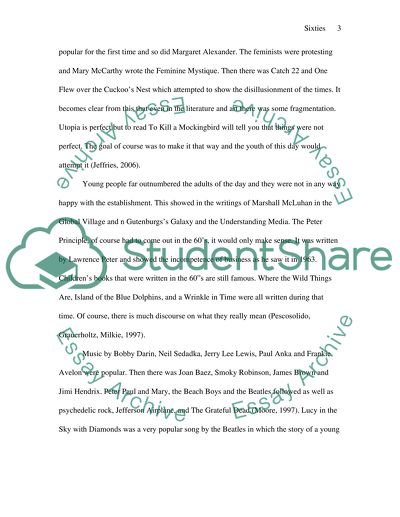Cite this document
(“Contraindications and fragmentations which ultimately defeated sixties Book Report/Review”, n.d.)
Retrieved from https://studentshare.org/philosophy/1514057-contraindications-and-fragmentations-which-ultimately-defeated-sixties-utopia
Retrieved from https://studentshare.org/philosophy/1514057-contraindications-and-fragmentations-which-ultimately-defeated-sixties-utopia
(Contraindications and Fragmentations Which Ultimately Defeated Sixties Book Report/Review)
https://studentshare.org/philosophy/1514057-contraindications-and-fragmentations-which-ultimately-defeated-sixties-utopia.
https://studentshare.org/philosophy/1514057-contraindications-and-fragmentations-which-ultimately-defeated-sixties-utopia.
“Contraindications and Fragmentations Which Ultimately Defeated Sixties Book Report/Review”, n.d. https://studentshare.org/philosophy/1514057-contraindications-and-fragmentations-which-ultimately-defeated-sixties-utopia.


